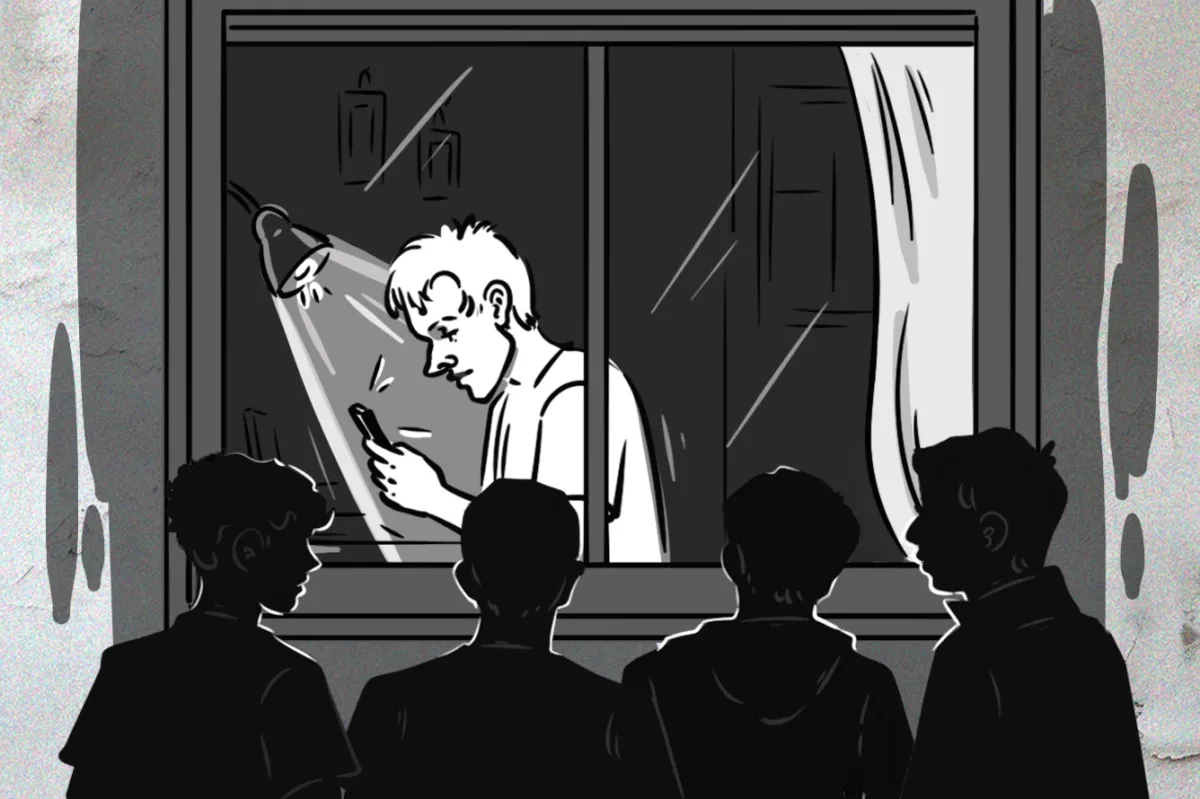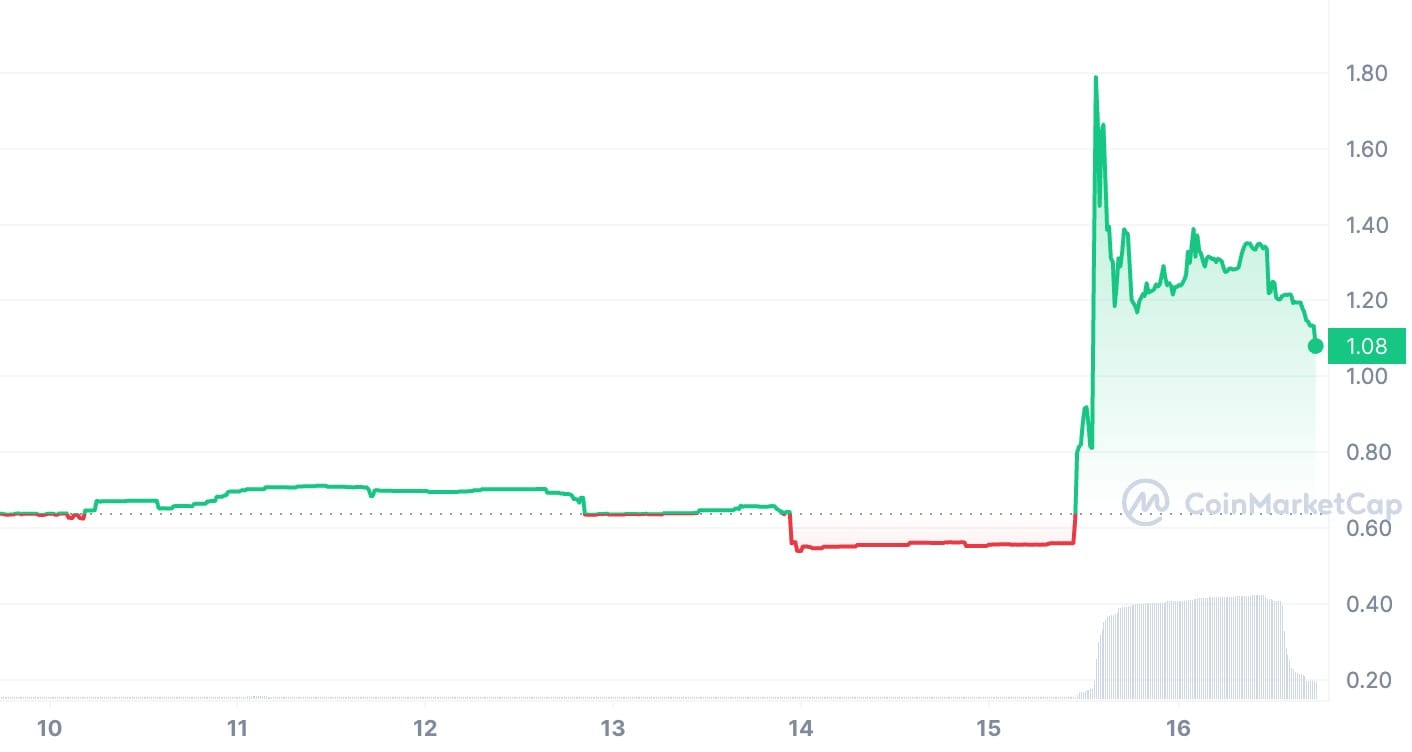
Vitalik Buterin caused a splash on Monday after transferring 100 ETH to Railgun, which allows token balances and transactions to be shielded from public view using zero-knowledge proofs.
The $300,000 transfer was confirmed by Ethereum's co-founder on X, where he wrote:
Privacy is normal.
— vitalik.eth (@VitalikButerin) April 15, 2024
Railgun uses the privacy pools protocol ( https://t.co/DekkatsMR5 ) which makes it much harder for bad actors to join the pool without compromising users' privacy.https://t.co/MG0huDzpAu
The ringing endorsement saw the smart contract system's native token go through the roof. It took three hours for RAIL to more than treble in value — hitting highs of $1.78 before slumping back down toward the $1 mark.

Despite this, the project remains a relative minnow in the crypto ecosystem. According to CoinMarketCap, Railgun is currently 2,601st in the rankings.
There has been growing enthusiasm for privacy-preserving protocols in recent years — driven by a concern that transactions using mainstream coins are broadcast for the world to see on the blockchain.
But the rise of coin mixers and privacy coins has sparked unease among regulators amid concerns they allow malicious actors to launder stolen funds under the cloak of anonymity. Back in August 2022, the U.S. sanctioned Tornado Cash after it was used by North Korean hackers responsible for multimillion-dollar heists. And in 2020, the Internal Revenue Service offered a bounty of up to $625,000 for anyone who was able to crack Monero's cryptography.
Buterin was among those who criticized the U.S. for its heavy-handed approach to Tornado Cash, which effectively meant it could no longer be used in America. At the time, he argued that the tumbler had compelling use cases for law-abiding citizens — and far from being a hotbed for criminals, he had used its privacy pools to donate to Ukraine's war effort:
I'll out myself as someone who has used TC to donate to this exact cause.
— vitalik.eth (@VitalikButerin) August 9, 2022
Tornado Cash developer Roman Storm was arrested and charged with conspiring to commit money laundering and sanctions violations last year — and last month, filed a motion to dismiss the indictment against him.
The nonprofit advocacy group Coin Center has filed an amicus brief to support his case — and has launched a separate civil lawsuit as it calls for Americans to be given the right to use Tornado Cash for "any legitimate privacy purposes."
When it announced plans to sue the Office of Foreign Assets Control (OFAC) in October 2022, Coin Center warned:
"Privacy is not the default on Ethereum. If you do your job on Ethereum, your co-workers can see your salary. If you donate to a political cause on Ethereum, the enemies of your cause can see your contribution. If you are a celebrity on Ethereum, your fans see not just your publicized activities but also your private personal accounts."
It went on to argue that crypto users should be able to enjoy the same levels of confidentiality as salaried employees and charitable donors with fiat bank accounts.
